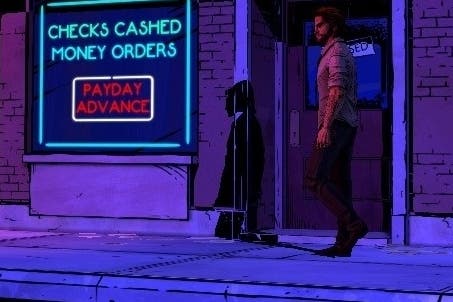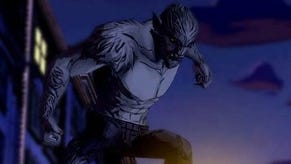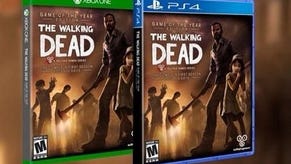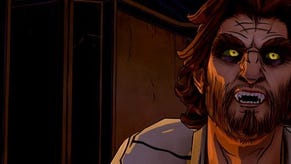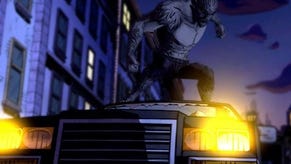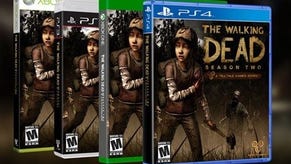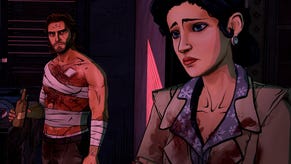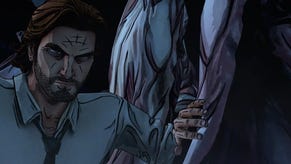The Wolf Among Us, Episode 2: Smoke and Mirrors review
Ace in the howl?
NOTE: While this review will not divulge any specific plot details, in discussing the events of Episode 2 there is inevitably a chance that it will impact your experience of Episode 1 if you have yet to play it. Consider this your spoiler warning.
Rather later than expected, the second episode of Telltale's adaptation of the Vertigo comic book Fables is finally here. Leaving players on a cliffhanger is one thing - making them wait the best part of four months before continuing the tale is quite another.
That delay will become meaningless soon enough, of course, and for anyone who binges on the whole season once it's complete it won't even register, but right now it can't help but hurt a story that desperately needs to establish momentum. It's especially damaging for a detective mystery, where there are multiple twists and turns to remember between episodes. After a third of a year, you'd be forgiven for replaying Episode 1 again to get back up to speed.
So, Bigby Wolf is back on the case and there's a severed head to deal with. As the title suggests, Smoke and Mirrors is ultimately about showing the player the difficulties in policing a community in which magical subterfuge is not just possible but downright common. Cue twist number one, and the identity of the victim sets Bigby off on an investigation that takes him to the sleaziest corners of Fabletown: dive bars, rundown hooker hotels and Pudding and Pie, a strip club where Georgie Porgie (blessed with a hilarious Northern accent) reminds us why "kiss the girls and make them cry" is actually a pretty bloody sinister line to have in a nursery rhyme.
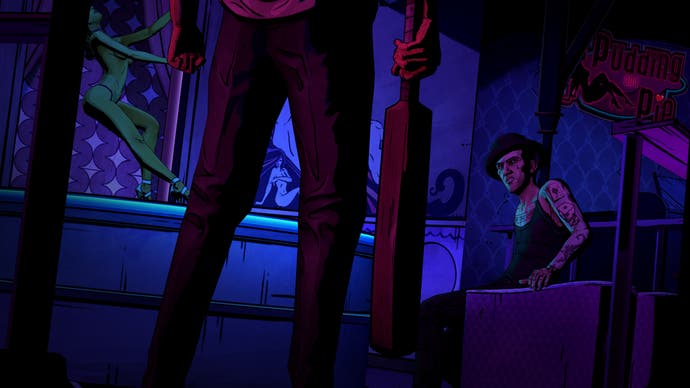
The result is that after Episode 1's scene-setting introduction, this one lets you play detective pretty much all the way through. Almost every scene finds you interrogating suspects, ranging from truculent prisoners to timid witnesses to slippery suspects, and you'll also sniff out clues (sometimes literally) in crime scenes and autopsies. As with last time, there are still plenty of objects that you can collect but never use, leaving you to wonder if you missed something - and if it matters. If there's a downside to Telltale's largely frictionless storytelling, it's this. You really need to replay the episodes multiple times, trying every decision, in order to see what impact you're actually having, although in doing so you actively undermine the purity of your own personal narrative route through the tale.
There's not a lot of character development in this episode, concerned as it is with the progress of a murder investigation. The focus is on Bigby to the exclusion of almost every other character, and while he's a compelling anti-hero, he doesn't leave much room for player interpretation.
One of the great ideas of The Walking Dead was to tell a story with a completely different cast to both comic and TV show. Lee Everett was a blank slate, to both the player and the people he encountered, so we were able to define him as we went along. Even better, while we could have our own "true" version of his character in mind, we could opt to make him tougher or more sensitive depending on the scene, essentially acting as a character who is, in turn, acting. It's those layers that helped to make it such an amazingly rich experience.
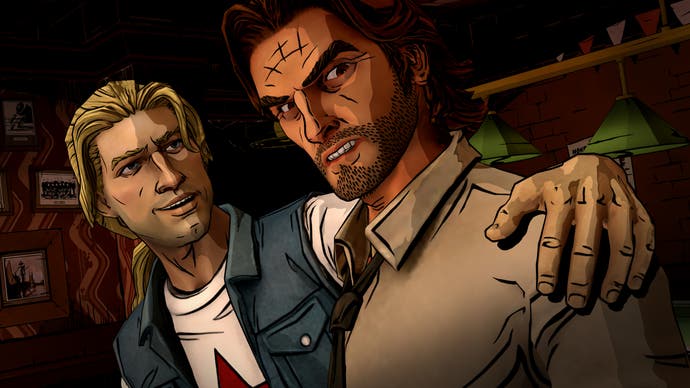
Bigby Wolf arrives fully formed. Even if you've never read Fables (and you should), Bigby's character is steeped in familiar archetypes, a little bit Dirty Harry, a little bit Wolverine. He's also a known quantity to the characters he meets and interacts with. His temper is infamous, his brutal past notorious. There's not much room for the player to reshape that rigid shell, so your interactions are mostly defined by whether you want Bigby to rise or fall to people's expectations of him. It's fun, but also a little distancing. You're play-acting as the character, but nothing more. That extra layer of investment in his behaviour, that chance to decide who he is and what's happening under his skin, never really comes together. The fact that it's a prequel doesn't help, as fans will know that certain characters are safe from any lasting harm purely because their story beyond this case is already written.
Smoke and Mirrors has more tangible concerns, too. For a game made up entirely from fixed camera angles and scripted scenarios, the frame rate is sometimes terrible with scenes stuttering and pausing for no obvious reason. On occasion it gets so bad that it looks like the game is streaming from a floppy disc. It's distracting, but only becomes damaging when it occurs during the episode's only failure point - another QTE brawl that can result in a Game Over if you fail. The previous episode stumbled with button-matching as well, and it's a shame to see that aspect hasn't improved.
"If you swapped pixels for people and broadcast the result on TV, you'd have something that was superior to the vast majority of scripted drama shows."
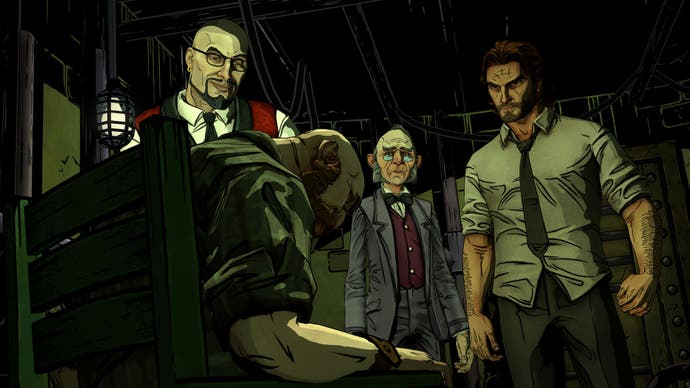
Balancing out these grumbles is the fact that Telltale still delivers some of the best writing, plotting and pacing in games. Characters pop off the screen, the twists and turns drop at just the right moment and everything is presented with a cinematic eye. Usually when a game apes movie-style framing it's to try and grab some reflected glory, but in this case if you swapped pixels for people and broadcast the result on TV, you'd have something that was superior to the vast majority of scripted drama shows.
After such a long wait, Smoke and Mirrors feels like it's over too soon, but it's economical in its design and moves the story forwards in strides without skimping on detail or nuance. The format that worked so well for The Walking Dead still feels a little mismatched without a zombie apocalypse to add mortal urgency to your choices, and two episodes in, The Wolf Among Us still feels like it's in the shadow of its award-winning predecessor.
That's not to say it's not without its own unique pleasures, but while I'm curious to see what happens next, it so far lacks the edge-of-the-seat impatience that The Walking Dead conjured up at the end of each episode.
